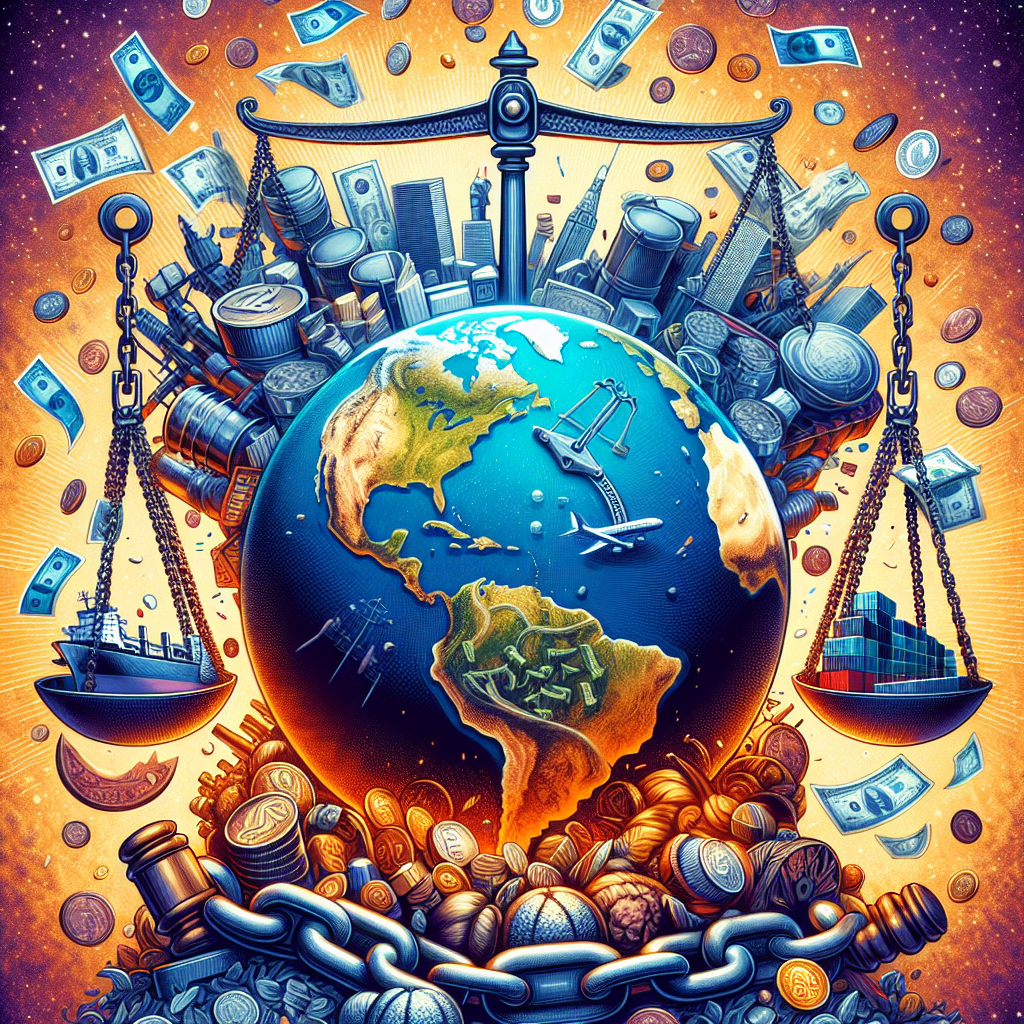Trump's Tariff Tactics: iPhone Production Dream or Economic Nightmare?
President Donald Trump aims to bring iPhone manufacturing to the U.S. by imposing tariffs on imported devices, facing numerous legal hurdles. Experts argue these measures could inflate costs and complicate supply chains, raising questions about their feasibility and overall impact on American consumers.

In a bold move to stimulate domestic manufacturing, President Donald Trump has announced a 25% tariff on iPhones sold in the United States but manufactured overseas. The effort, part of his broader mission to re-shore jobs, encounters significant legal and economic challenges, according to experts.
Commerce Secretary Howard Lutnick expressed optimism about automated manufacturing creating jobs domestically. However, Apple CEO Tim Cook highlighted the lack of necessary technology as a current barrier to moving production to the U.S.
Leveraging the International Emergency Economic Powers Act, Trump's administration seeks to implement these tariffs swiftly, although legal hurdles persist. Critics warn that the tariffs could increase costs for consumers and disrupt Apple's supply chain.
(With inputs from agencies.)
- READ MORE ON:
- Trump
- iPhone
- tariff
- manufacturing
- Apple
- legal
- economy
- technology
- trade
- import
ALSO READ
Côte d’Ivoire Advances Nuclear Energy Goals with IAEA Support on Legal Framework
Legal Battle Unfolds in Weinstein Retrial: Unveiling Accusations and Defense
Fake Terror Attack Videos Spark Fear and Legal Action in Shahjahanpur
Global Economy Hangs in Balance: China and U.S. Engage in Trade Talks
Evolving Legal Systems: Navigating AI, Data Privacy, and Cybersecurity










